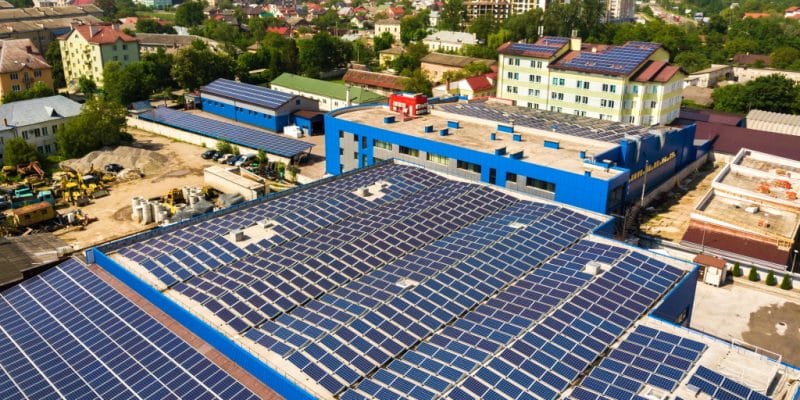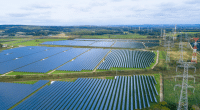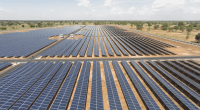The Afrigreen Debt Impact Fund has achieved its first financial closing with the mobilisation of €87.5 million. The funding will support the production of solar energy to power small and medium-sized enterprises (SMEs) in Africa.
A new mechanism should contribute to the energy transition of businesses in Africa. This is the Afrigreen Debt Impact Fund, which has just completed its first round of financing. 87.5 million from several international financial institutions, including the European Investment Bank (EIB), the International Finance Corporation (IFC), the World Bank’s subsidiary, the Finland-IFC Blended Finance for Climate Program, and the Belgian Investment Company for Developing Countries (BIO).
Proparco, the subsidiary of the French Development Agency (AFD), is also participating in this round of financing, as well as the French private banks Société Générale and BNP Paribas. This fundraising, advised by Echosys Invest, is intended to support the energy transition of small and medium-sized enterprises (SMEs) by replacing fossil fuel generators with solar photovoltaic systems.
Financing clean energy providers in local currency
By going solar, SMEs save money on their electricity bills and reduce the carbon footprint of their operations. As part of its activities in Africa, the Afrigreen Debt Impact Fund will invest in projects and assets for regional and international developers, as well as commercial and industrial (C&I) companies, primarily in West and Central Africa.
Read also- SOUTH AFRICA: responsAbility releases $10m to provide solar to businesses
According to Rgreen Invest, the Afrigreen fund will be able to provide long-term local currency financing in Ghana and Nigeria through the Local Currency Financing Facility (LCF), which “significantly” reduces foreign exchange risk. Through this financial mobilisation, the fund is expected to contribute to closing the financing gap for renewable energy in Africa.
In 2021, investment in renewable energy reached a record high with a 9% increase over the previous year. However, it fell by 35% in Africa, accounting for only 0.6% of global renewable energy investment, according to a report published by BloombergNEF in 2022.
Jean Marie Takouleu






